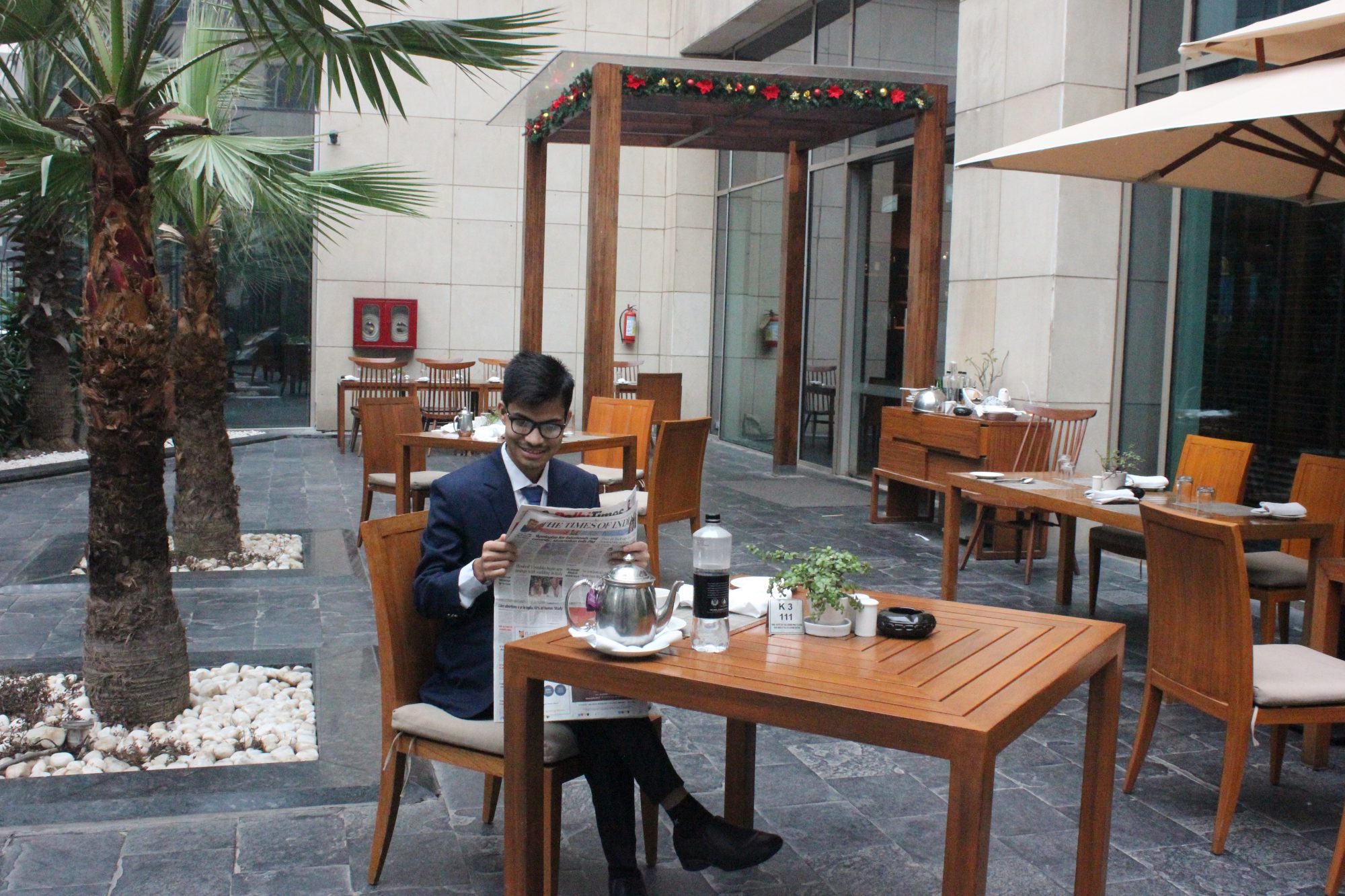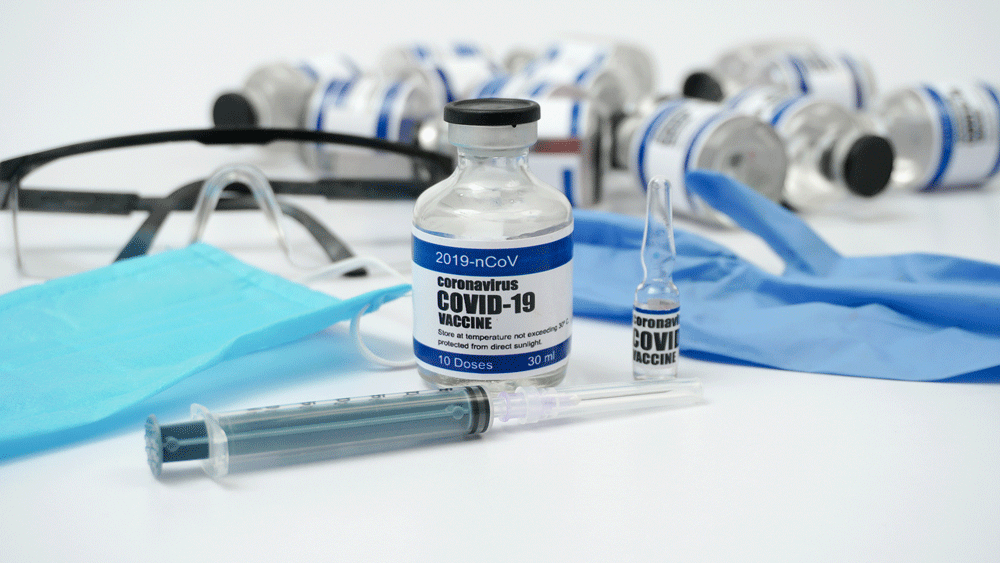It is essential to ensure that all countries have access to the vaccine as soon as it becomes available
Starting from the Wuhan province of China, then spreading to the rest of the world, the coronavirus has left no corner of the world untouched. The entire world has bottomed out due to the Covid-19 crisis, and the impact has intensified. The wheel of the global economy has become stagnant.
The situation only exacerbates until a vaccine is created. It will help us grow immunity against the virus and cut down the possibility of it spreading.
We are waiting eagerly for the vaccine, so the inevitable question remains — when is it arriving?
Experts say this might take 12 to 18 months. If you are thinking the time span is long, you would be surprised to know that it took seven months for the Zika vaccine to reach the clinical trial stage. On the other hand, China has a candidate for the clinical trial phase just 64 days after unveiling the genome sequence.
According to WHO’s latest list of tentative Covid-19 vaccines, 198 different candidates are in the development stage.
Among them, 156 have been going through the preclinical stage. Only 10 of them are in the Phase III efficacy trial stage.
Many leading pharmaceuticals like Moderna, Novavax, and Sinovac are in the race; however, Johnson & Johnson is far ahead of them. Recently, an agreement between them and the US federal government was signed, worth $1bn.
They are eyeing to produce at least a billion doses of vaccine using the J&J plant.
As per their evaluation, the approximate cost for each dose would be around $10.
The global North has the capacity to ensure the Covid vaccine for each of its citizens.
But what’s the prospect for the South? High lack of finance, management, and appropriate infrastructure are some of the major hindrances. These make the availability of the vaccine uncertain for its people.
Rather than focusing on fame, scientists are behaving more humanely by putting in tireless team effort to invent the vaccine. The rest is upon the world leaders.
In 2009, an Australian company started producing the influenza vaccine, but then something unfortunate happened.
The government pushed the company to meet the local demand first, keeping the rest of the world aside. The Covid vaccine might face the same fortune.
World leaders should come to a consensus on ensuring equal opportunity for all nations, otherwise billions of lives will be at risk.
Is it only through kindness that these nations should consider the South in an equitable way? Of course, not. The North will be in trouble if they fail to reach the South in a time. Research says that a 30-day delay of the vaccine may increase the infection rate to as high as 2.75% in developed countries.
What can the global North do to avoid such a situation? It is difficult for developing countries to buy enough vaccine doses for all; moreover, they do not have the proper infrastructure to reach the marginalized.
Reaching the marginalized includes proper refrigeration facilities, electricity facilities, and skillful human resources.
Along with international financial institutions, the North can provide both long-term loans and short-term grants to the South. Some of the ways to do so would be by offering their expertise in harnessing local resources and enhancing skills.
World leaders also can empower global vaccine alliances like GAVI to expedite the process.
Furthermore, the production of other essential vaccines like those for measles, rubella, polio, and influenza might be lowered due to the excessive focus on the Covid vaccine. Such issues should also be kept in consideration, or else efforts will go in vain.
Bangladesh’s government has been actively leveraging its diplomatic relations to get early access to the Covid vaccine. Countries like Japan, China, and India are showing their positive responses to this.
We have prior experience and infrastructure of running the polio vaccination program successfully, so if the financial barrier is annihilated, we can definitely come back to our normal lives as soon as the vaccine arrives.
Yusuf Munna is a student of development studies and a freelance contributor. Please address the correspondence to yusuf@reflectiveteens.com.

